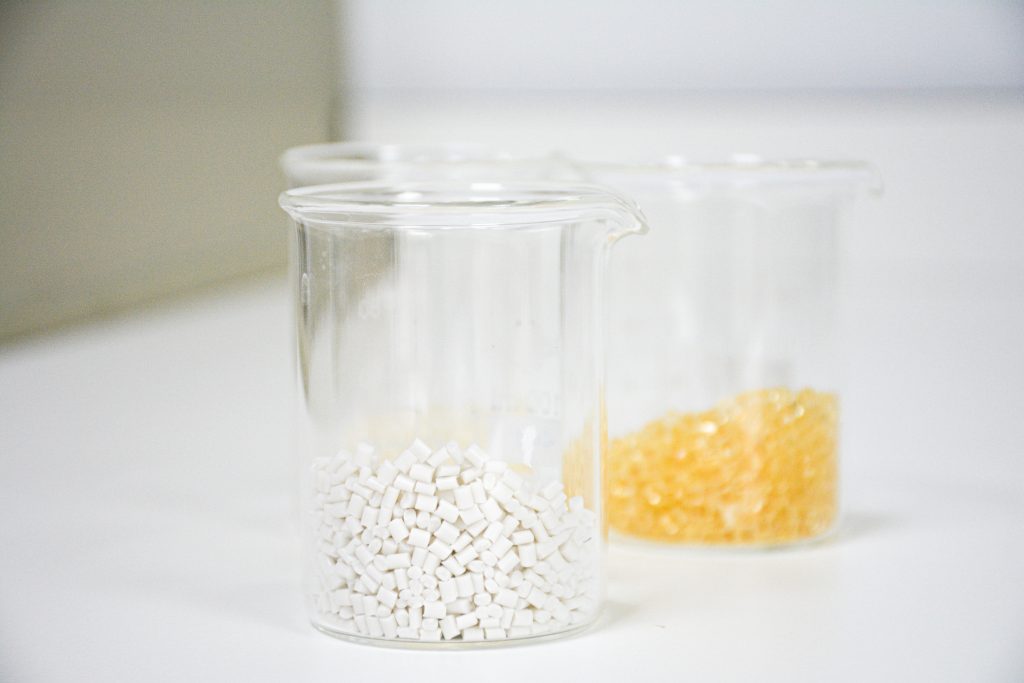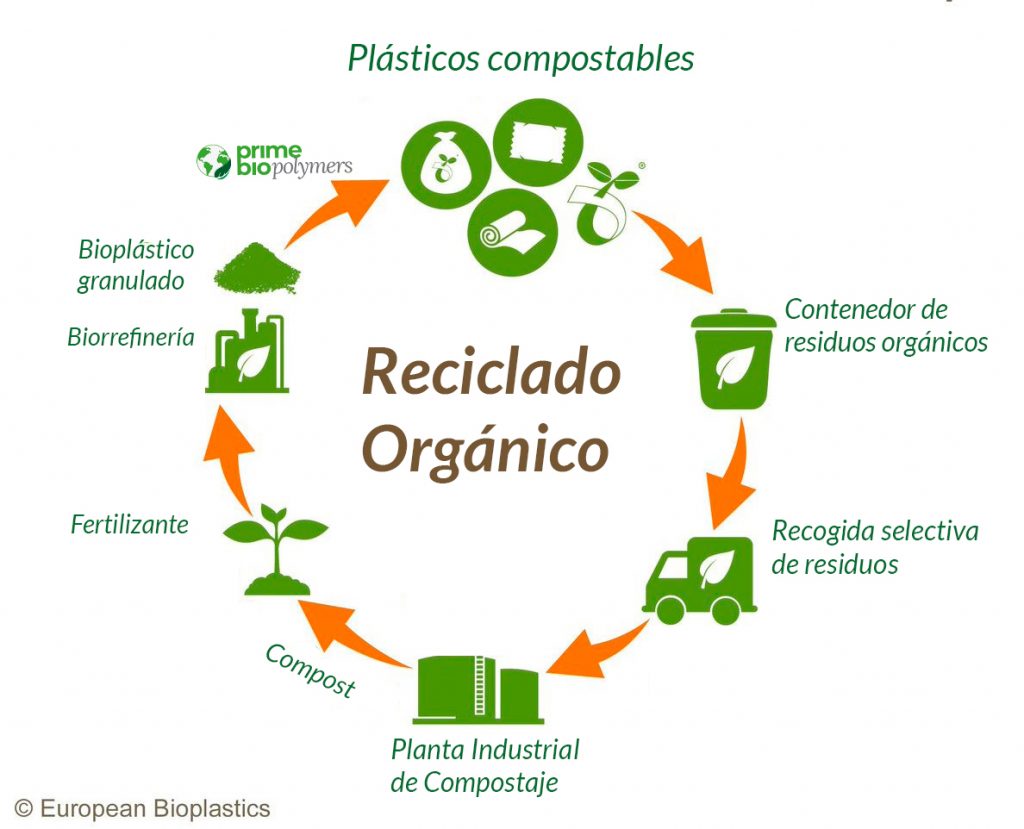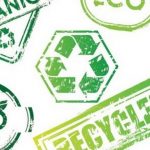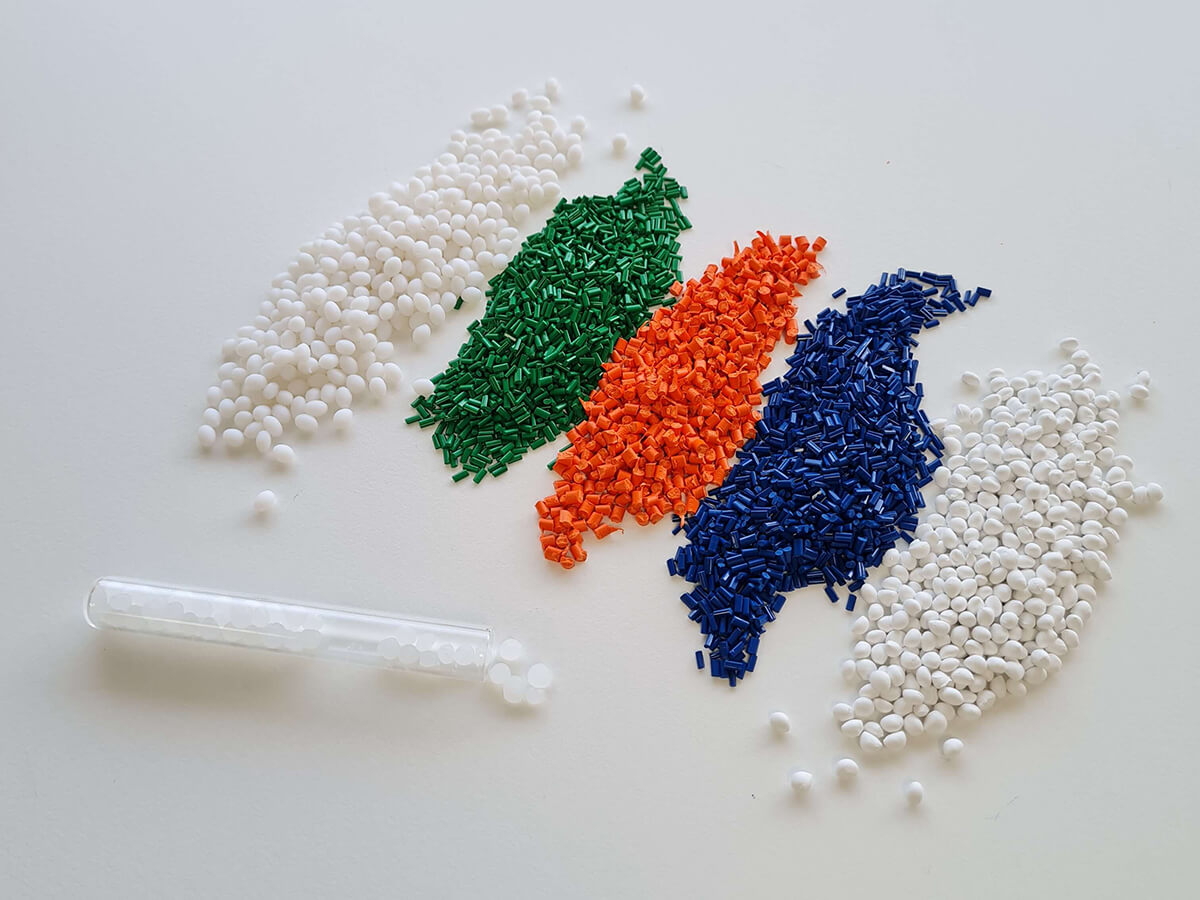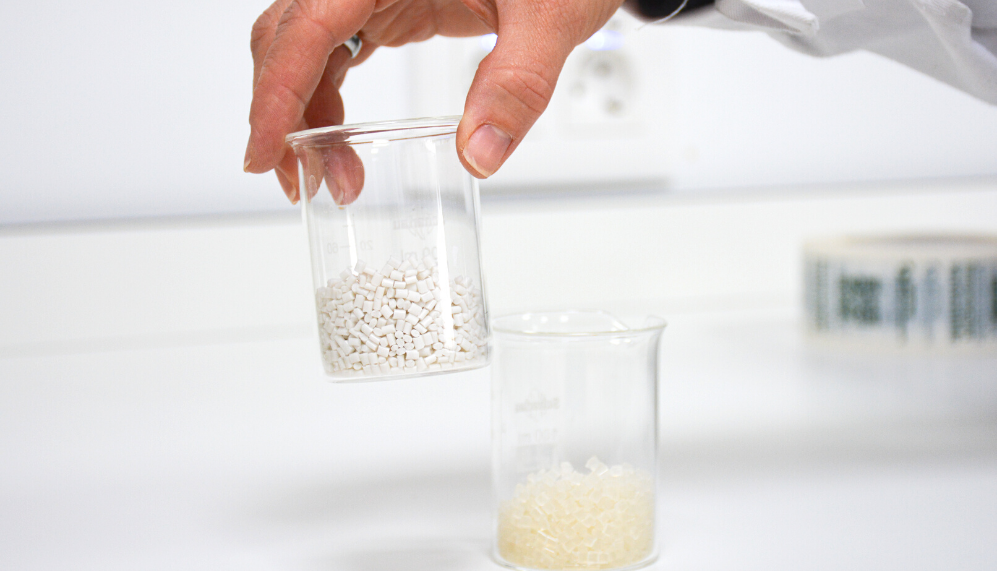
The role of plastics in the Circular Economy
Today we are talking about the role of plastics in the circular economy.
The multiple benefits of plastic are now well known. For example, plastic is a safe material and keeps food for longer. This avoids further waste of food. But how can plastic and circular economy be related?
Banning plastics is not the solution to the waste We find in the environment. This would mean giving up the benefits of these materials. The problem lies in the linear structure of the value chain of this material, which implies environmental and economic disadvantages.
Fortunately, new plastic materials, known as bioplastics, are emerging in the sector, helping to develop a new model based on the circular economy.
Prime Biopolymers has developed the ZIMIA bioplastic grades, a sustainable solution that replaces traditional petroleum-based plastics and is part of a more sustainable production model.
Compostable plastics in the circular economy
These ZIMIA bioplastic grades come from plant sources known as “biobased” and are also compostable. This means that they biodegrade without leaving residues or microplastics.
In addition, these materials can act in numerous applications in the same way as conventional ones have done.
In addition, thanks to the custom grade development we offer at Prime Biopolymers, packaging manufacturers won’t even have the need to face changes in their machinery and production model.
These degrees of bioplastic will return to the ground thanks to a composting process. It is at this time when the circle closes and the production model begins again as these materials will be transformed into compost, water and CO2 and will be very useful for new seeds to grow again.
Fuente: European Bioplastics
Prime Biopolymers, bioplastics company



